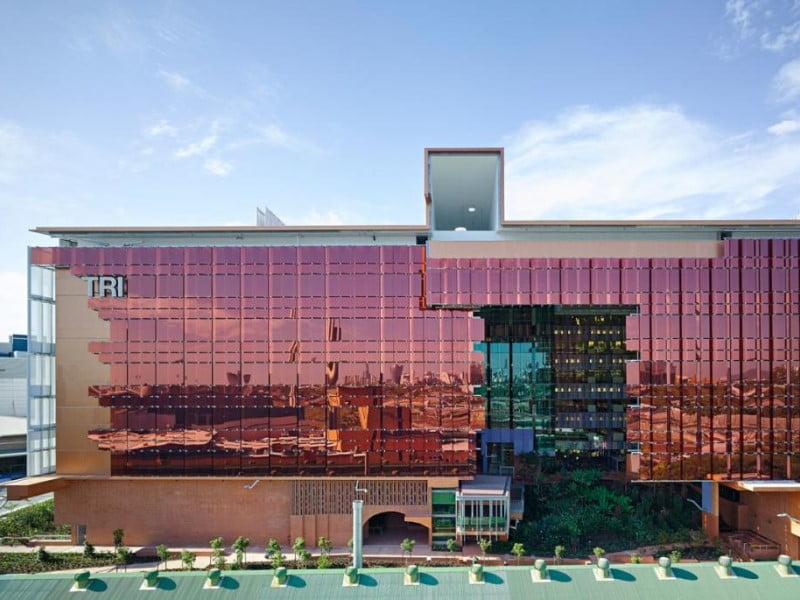A $280 million mRNA vaccine research hub has been jointly set up by French biomedical company Sanofi, the Queensland state government, Griffith University, and the University of Queensland.
The hub will be based at the Translational Research Institute in Brisbane, but will also utilise infrastructure and research labs at the partner universities.
Each research hub partner is contributing to the overall $280 million cost of the facility, with the funds to be invested over five years.
Queensland Deputy Premier Steven Miles said, “how that breaks down for each individual partner is subject to the commercial-in-confidence arrangements”.
Mr Miles would not disclose the value of the state governments “significant” commitment, instead telling a press conference that it “will be outlined in our budgets and in our annual reports”.

The new mRNA research hub is expected to begin research into the development of the world’s first vaccine for Chlamydia in the first quarter of 2023.
Given the early stage of development for a Chlamydia vaccine, Sanofi did not give any indication of where it would likely be manufactured.
State Science minister Meaghan Scanlon expects the hub to create around 200 jobs in “the research and clinical trials ecosystem, including scientists, researchers, and healthcare professionals”.
Researchers at the hub will also collaborate with Sanofi’s mRNA Centre of Excellence in France and the United States, granting access to Sanofi’s IP and technology that would not be available outside of the partnership.
Sanofi’s global head of vaccine research and development Dr Jean-Francois Toussaint said Queensland was selected as a base for the firm’s Asian hub because it already has the established facilities required and an experienced biomedical talent pool.
He also told reporters that the ownership of new IP produced at the hub will be determined on a case-by-case basis depending on the “contribution of each party [and] whether there is a collaborative service agreement”.
Queensland Premier Annastacia Palaszczuk said that she couldn’t think of a better early Christmas present than the $280 million biomedical investment, which will be the first of its kind in Australia.
“Queensland has some of the best researchers in the world and the Translational Science Hub will give them the platform to develop life-saving vaccines. If Covid-19 taught us anything, it’s the importance of local capability rather than relying on global markets,” she said.
“We want the world to know that Queensland is where business can come to do science and science can come to do business.”
University of Queensland vice-chancellor Professor Deborah Terry noted that the “pivot to mRNA [vaccine] technologies was accelerated during the pandemic”. Professor Terry added that the university has invested in “the people and facilities to ensure mRNA for pre-clinical research can be developed and produced in Queensland.
The state government’s biomedical 10-year roadmap and action plan began in 2016.
Late last month, biopharmaceuticals firm Aegros announced it would construct a $352 million manufacturing facility in Queensland, where it intends to move its global headquarters.
In June, the state government committed an additional $35 million to support the development of a translational manufacturing facility for vaccine technologies at the Translational Research Institute. Overall, the state government is funding three-quarters of the cost of the facility.
A CSIRO report assessing Australia’s pandemic preparedness highlighted vaccine manufacturing said the country need to increase its domestic vaccine manufacturing capability.
Support for mRNA research and manufacturing is being expanded in Victoria and New South Wales. This includes the establishment of Moderna’s first mRNA production facility in the southern hemisphere on the campus of Monash University.
Do you know more? Contact James Riley via Email.

